Despite their vast importance,95% of Earth’s oceans remain unexplored. Scientists are endlessly curious about the hidden mysteries and creatures thriving under freezing currents and immense pressure. In August 2023, researchers exploring the Gulf of Alaska discovered a mysterious, dome-shaped orb on the seabed that emitted a golden glow. The unusual find has since left scientists baffled, unable to determine its nature, according to the National Oceanic and Atmospheric Administration (NOAA).
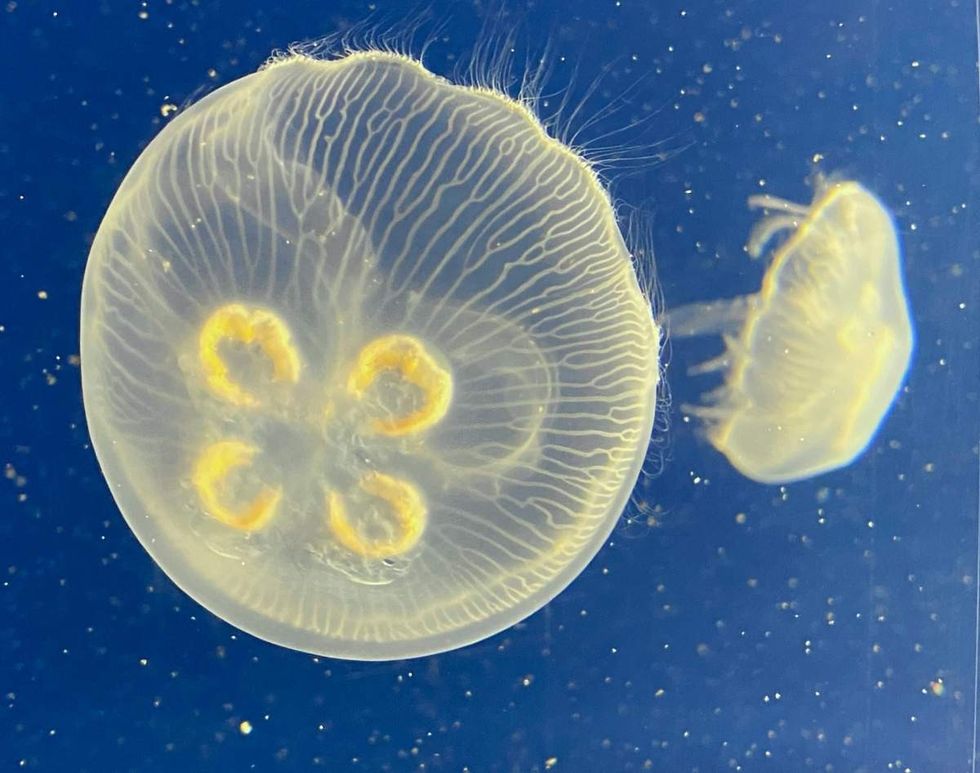
Scientists discovered the golden orb during NOAA’s Seascape Alaska 5 expedition, using remotely operated vehicles (ROVs) to explore deepwater habitats near Alaska. The orb, found clinging to a rocky outcrop at a depth of about 3,300 meters (2 miles), measured just over 10 centimeters (4 inches) in diameter. It had a small hole near its base, revealing a gold-colored interior.
The entire exploration was live-streamed. Videographers zoomed in their cameras to investigate the bizarre, tannish-gold object. They wondered whether it was a “dead sponge attachment,” “a coral,” or “an egg laid by a mysterious creature.” One of the videographers referred to it as a “yellow hat.” The researchers whispered strange ideas about the object to each other. “It’s like the beginning of a horror movie,” one researcher said. “Pretty sure this is how the first episode of the ‘X Files’ started,” said another. “Something tried to get in, or to get out,” another said, referring to the hole in the orb. “I just hope when we poke it, something doesn’t decide to come out!” The orb stirred an imaginative chord with people who saw it. On X, people likened it to “a golden shark’s egg” or “the egg of an unknown barnacled creature.”
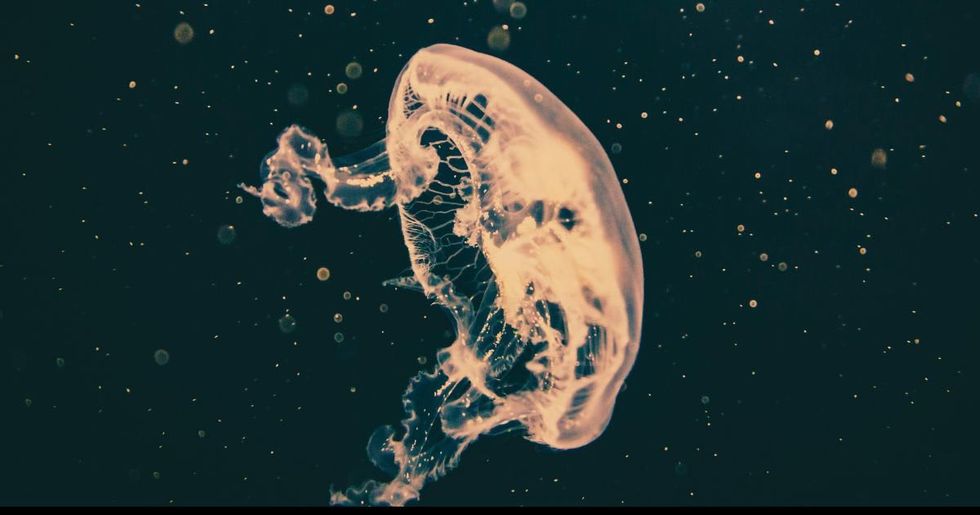
Although they weren’t sure what exactly the orb was, one thing they were certain of, was that the object was “biological in origin.” In a statement in the NOAA press release, expedition’s coordinator Sam Candio said, "While we were able to collect the 'golden orb' and bring it onto the ship, we still are not able to identify it beyond the fact that it is biological in origin." He added that they’d now require sophisticated equipment to investigate the object further.
The most unsettling thing scientists found about this orb was that it couldn’t be classified in any of their previously known categories of organisms, underwater species, or objects. It might be an “unknown life stage of an existing one.” “We’ll often see new things but will usually have a pretty good knowledge of what they are,” Kerry Howell, a deep-sea ecologist at the University of Plymouth, explained to The Guardian.
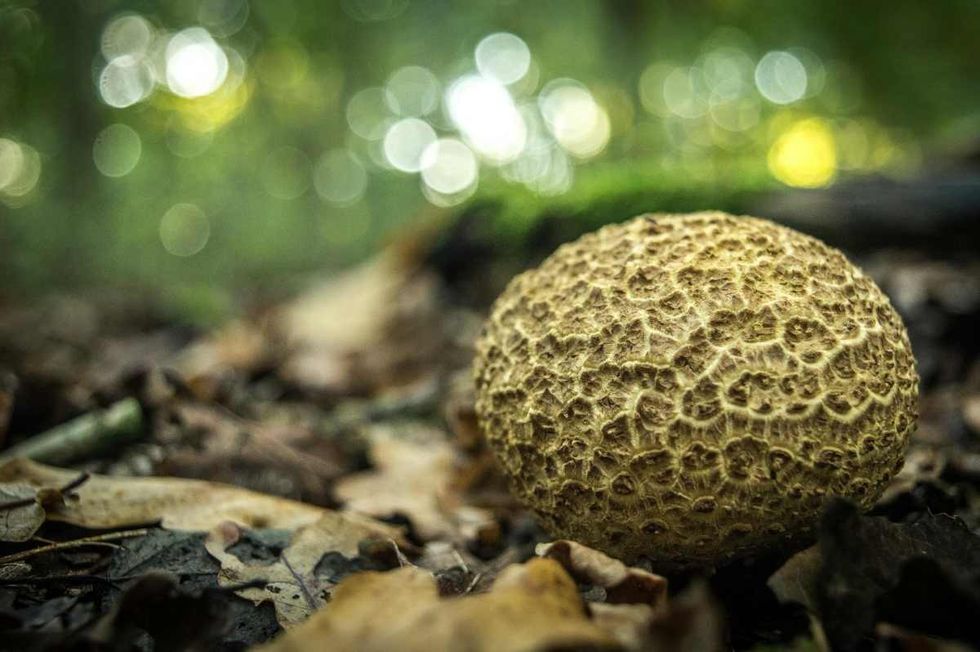
“What’s unusual about this thing is we’re not even sure what it is. Is it an egg, is it a sponge, what is it? We’re going with egg because of the texture. It felt fleshy and it doesn’t have any obvious anatomy. It has a hole in it that suggests something has come in or gone out. But it doesn’t look like any egg I’ve ever seen.” And if the object turns out to be an egg, whose egg it is, Kerry pondered.
The unprecedented nature of this golden orb made scientists realize how little humans still know about the oceans and what prowls in their depths. “While somewhat humbling to be stumped by this finding, it serves as a reminder of how little we know about our own planet and how much is left to learn and appreciate about our ocean,” Sam told The Washington Post. He speculated, "Isn't the deep sea so delightfully strange? Who knows what we will discover next?”
Editor's note: This article was originally published on July 27, 2024. It has since been updated.





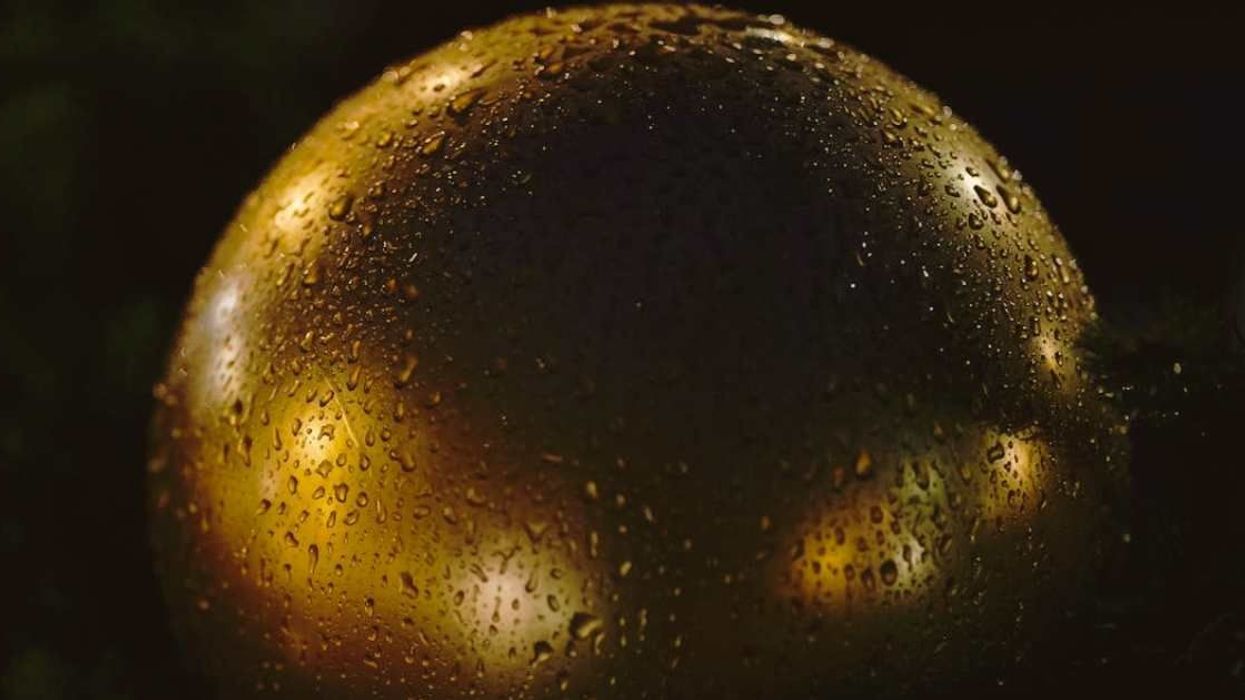











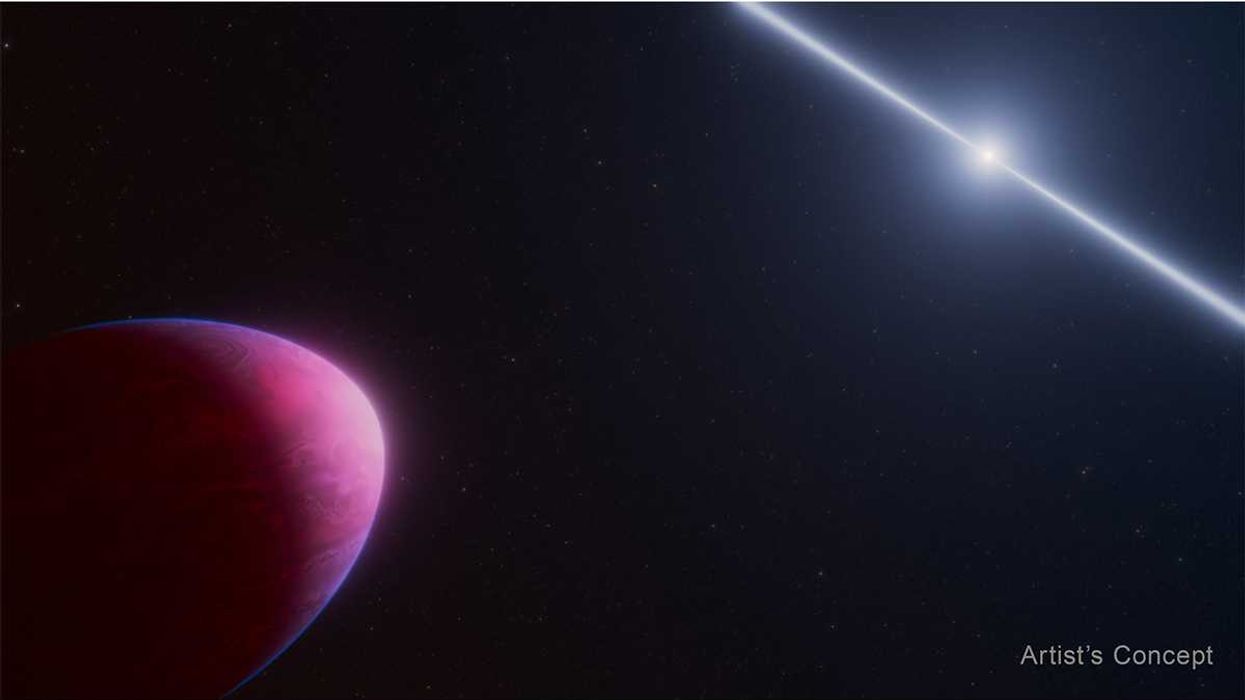
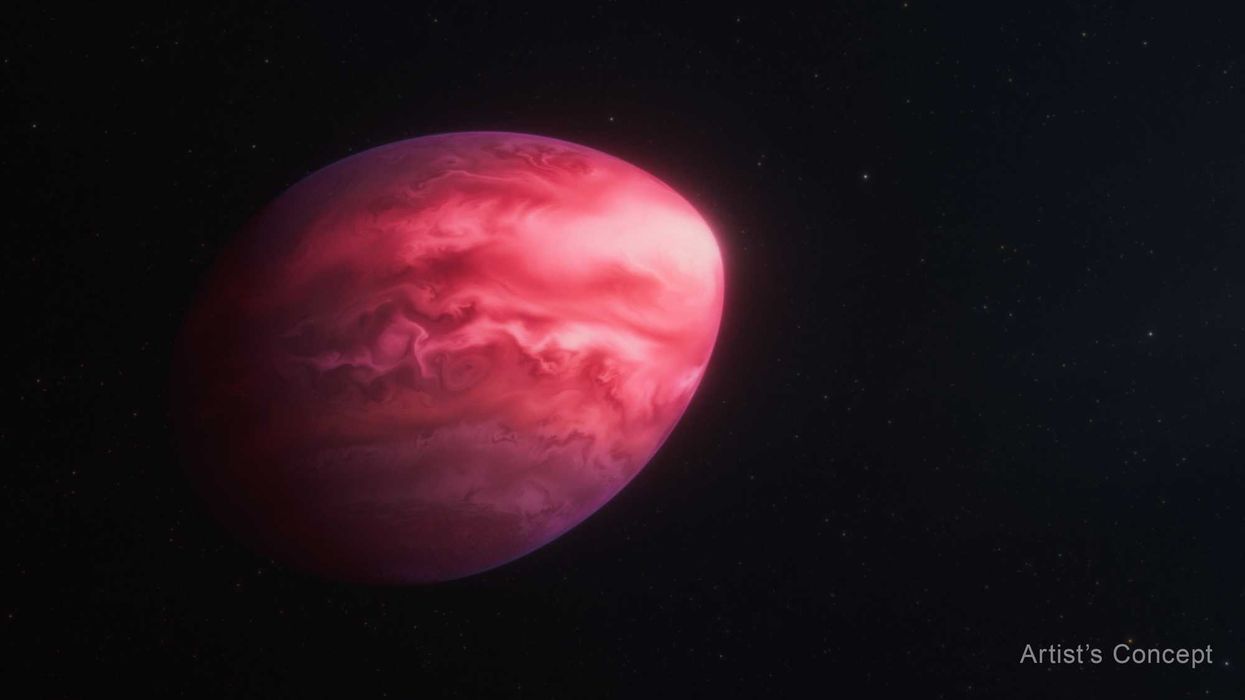 A lemon shaped planet the size of Jupiter.Credit:
A lemon shaped planet the size of Jupiter.Credit: 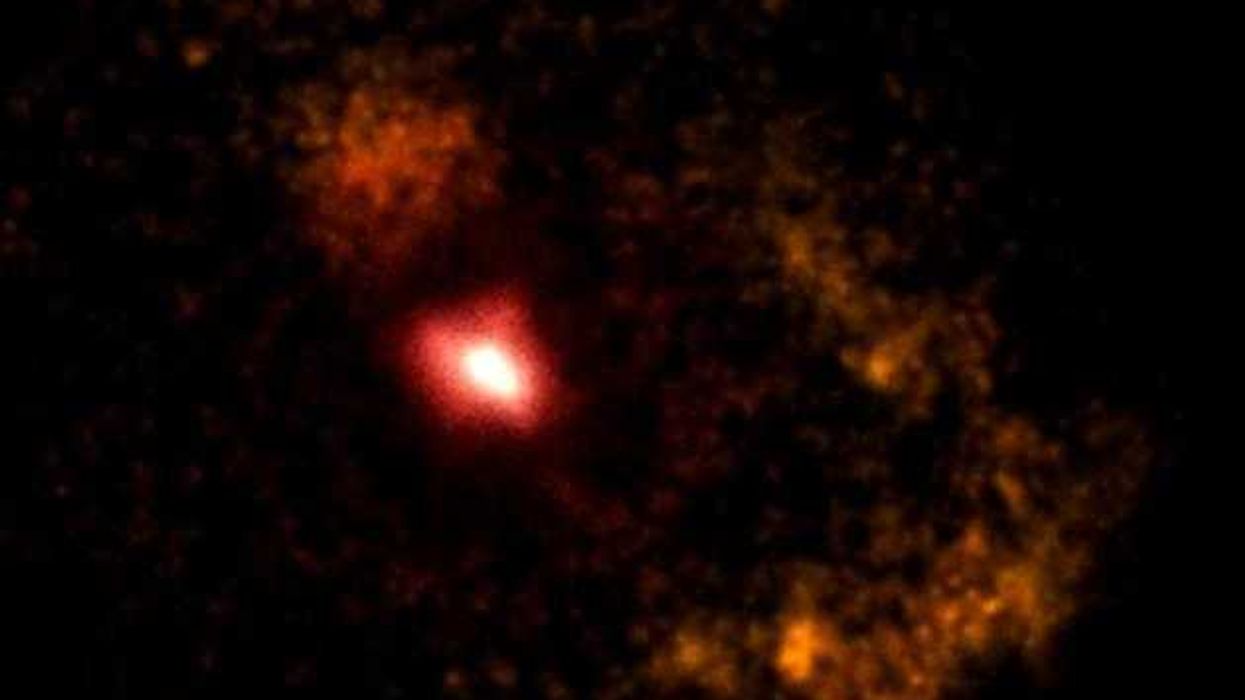 Image from a Pulsar star releasing gamma rays.NASA/CXC/SAO/
Image from a Pulsar star releasing gamma rays.NASA/CXC/SAO/ 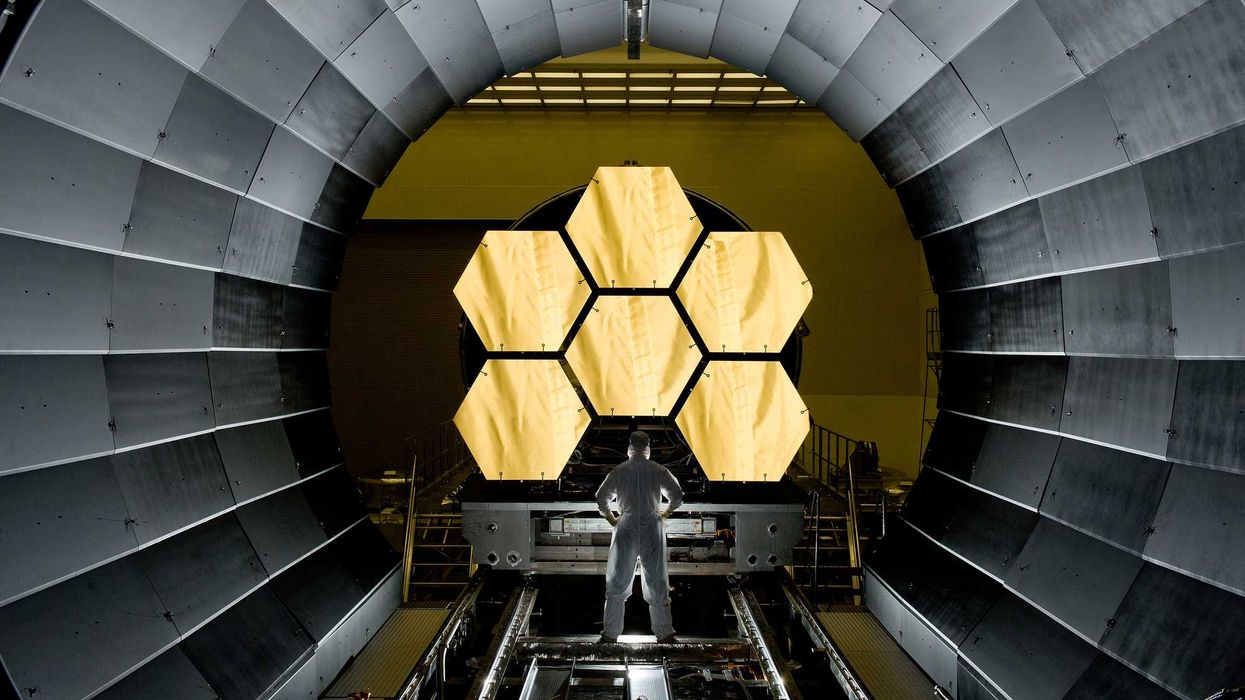 James Webb Space Telescope primary mirror.NASA/MSFC/David Higginbotham/
James Webb Space Telescope primary mirror.NASA/MSFC/David Higginbotham/ 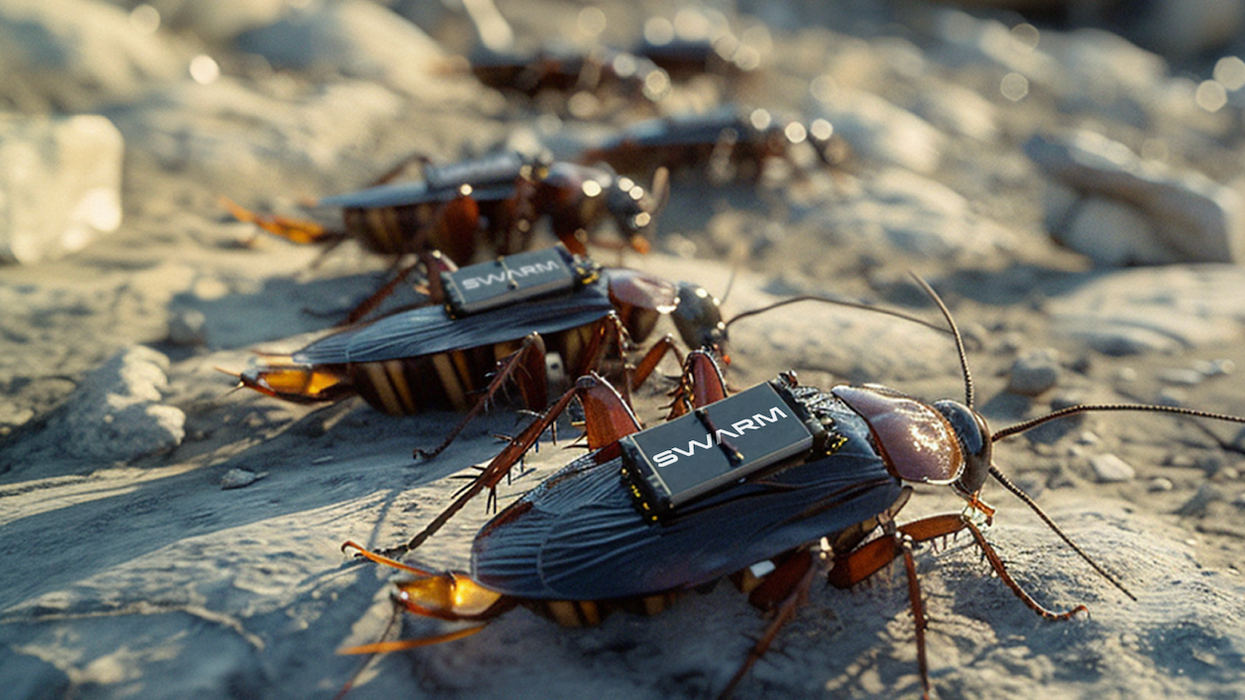


 A woman looks at post-it notes while thinking Canva
A woman looks at post-it notes while thinking Canva Two women on a couch are having a conversationCanva
Two women on a couch are having a conversationCanva A father and son sit on a porch talking Canva
A father and son sit on a porch talking Canva A woman paints on a canvasCanva
A woman paints on a canvasCanva A student high-fives with his teacherCanva
A student high-fives with his teacherCanva
 Cute dog looks off camera at someoneCanva
Cute dog looks off camera at someoneCanva

 A road near equatorial Atlantic OceanCanva
A road near equatorial Atlantic OceanCanva Waves crash against rocksCanva
Waves crash against rocksCanva
 Older woman drinking coffee and looking out the window.Photo credit:
Older woman drinking coffee and looking out the window.Photo credit:  An older woman meditates in a park.Photo credit:
An older woman meditates in a park.Photo credit:  Father and Daughter pose for a family picture.Photo credit:
Father and Daughter pose for a family picture.Photo credit:  Woman receives a vaccine shot.Photo credit:
Woman receives a vaccine shot.Photo credit: